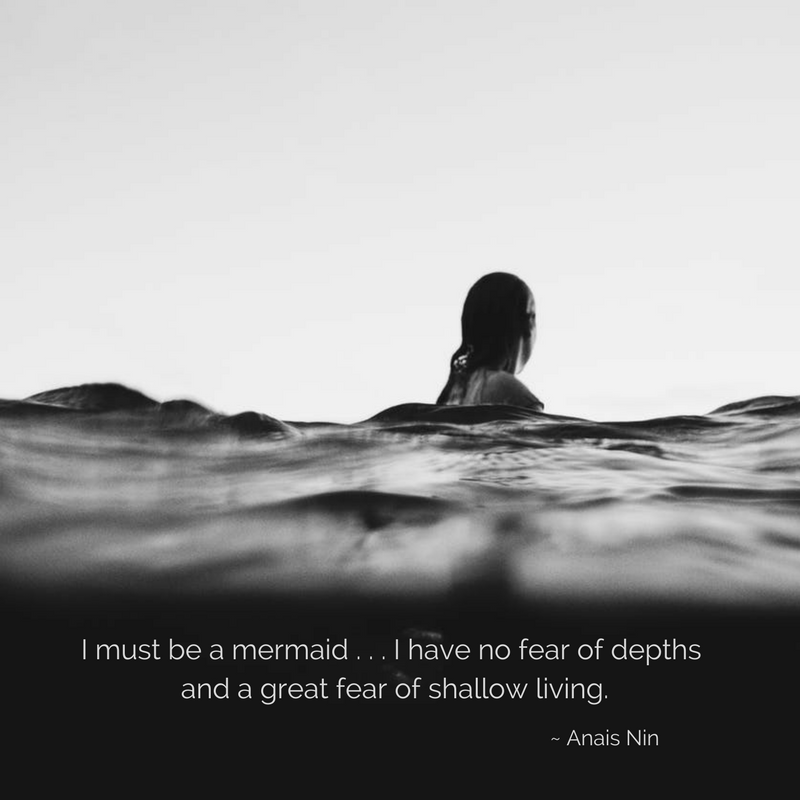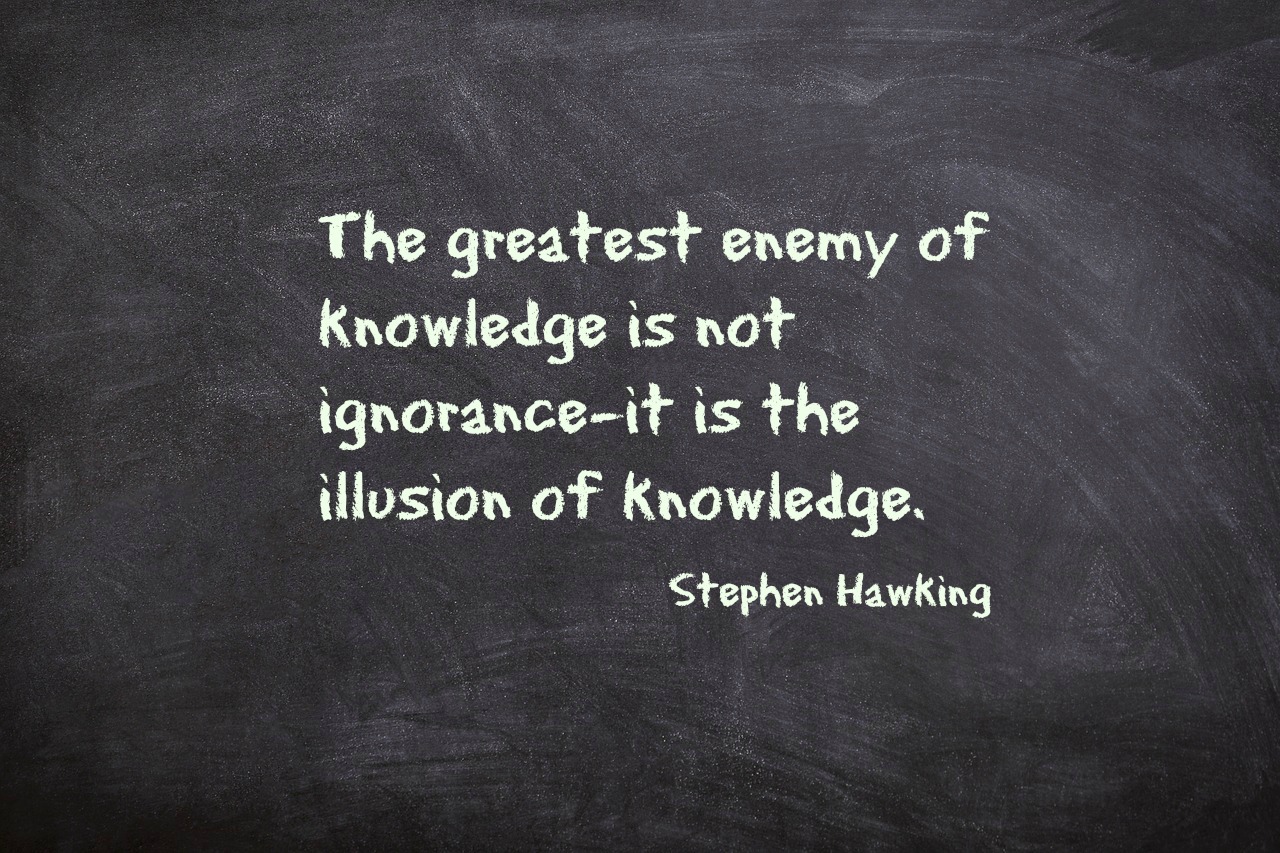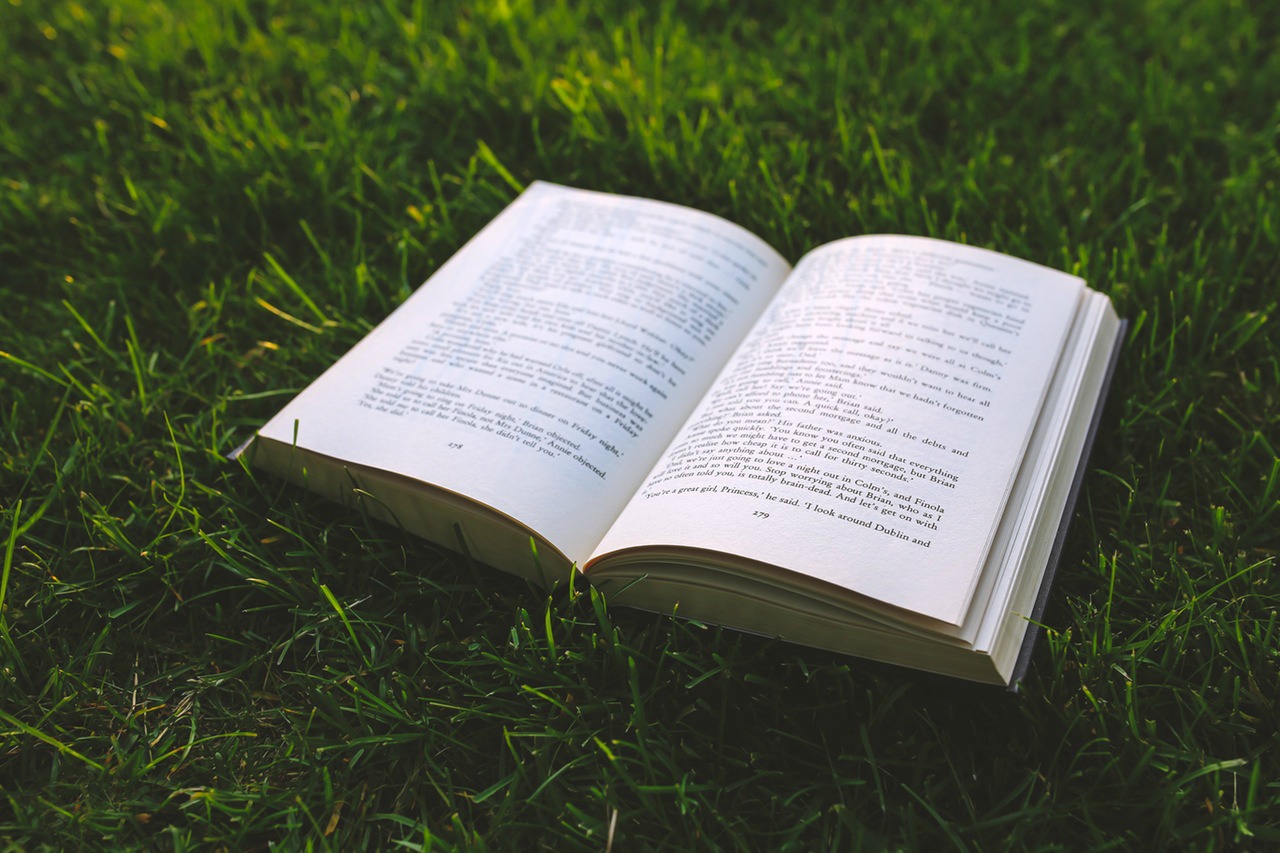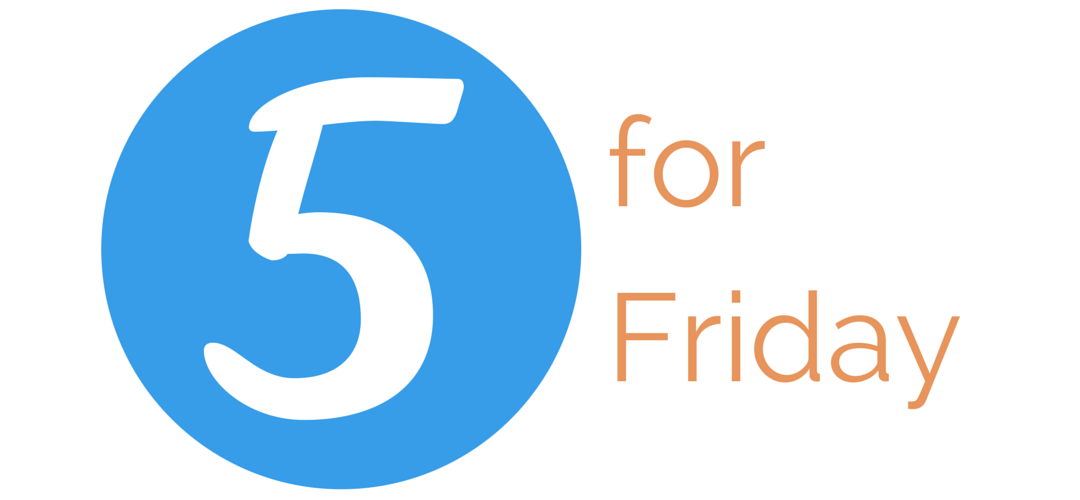When I was in grade school, I was the sort of kid who lived for those days when the teacher gave us quiet reading time. This was especially true in the days right after a book order had arrived. Back in those long-ago days when we didn’t have Scholastic book fairs, we had Scholastic book orders. My mom always had to give me a limit, after which I’d dive deeper into the order form and make my agonizing choices about which books I could live without.
In those days, fiction appealed to me in a way that non-fiction did not. As I got older, though, my reading became more balanced. It wasn’t unusual for me to spend a summer afternoon in the cool recesses of the Boise Public Library’s reference section. I loved knowing that anything I might want to find out about was right there, close at hand. (I had a small enough view of the world to believe that this was true–that the Boise Public Library contained a pool of knowledge just as deep as anyone might find in, say, the New York Public Library.)
As I grew older still, that enthusiasm for learning became a source of self-consciousness. I discovered, as most kids do, that it wasn’t cool to be smart. That school was something we were supposed to endure, not enjoy. But I was never entirely successful at hiding the fact that I liked to learn.
On the last day of classes in high school, having lunch with a group of friends, we were talking about our futures. I don’t remember what specific kind of future I envisioned for myself at that point, but it must not have been very creative, because one of my friends shook her head.
“Out of all of us,” she said, “you’re the one who’s going to be the most successful. You’re going to graduate from college and leave here and do something incredible.”
No one at the table objected. In fact, they all nodded in agreement. And that was the real beginning of my mermaid life.
Apparently, everyone could see that the deep end of the sea of knowledge was my natural habitat–and the truth is, I always felt that I was in the right place while I was in college. Even in spite of the fact that I was a lazy student, because I couldn’t see the point of half the things I was required to take. Between classes, I camped out in a carrel at the library and read the things I wanted to read, not the things I’d been assigned. After classes had ended for the day, I went out with friends. I did well enough in my classes to keep moving forward, though not nearly as well as I might have.
Finally, during my junior year, I took a course called Survey of World Religions.
“What’s that about?” someone asked, as if the title weren’t self-explanatory.
“Everything,” I said.
Which was true. It was about history, philosophy, art, science, religion. That was the class that taught me how everything we learn is connected, just like the oceans that cover the face of the earth. Whatever you have the chance to learn in one place is going to bubble up to the surface again somewhere else. If you know what you’re seeing when it reappears, you’ll know what to do with it in that context. If you don’t–well, you might fail to grab hold of the very thing that will save your life, one way or another.
Once I figured that out, I realized something else: instead of letting questions float over my head, I could take the time to answer them. I could presume there was a good reason to know something, even without knowing exactly what that reason might be. (Though I can’t forgive what you’ve done to libraries, Internet, neither can I deny your convenient presence in my hand.)
I don’t remember everything I learn, not even over the course of a day. And learning gets harder as I get older, my brain less agile than it used to be. But I know it’s the only way to make the ocean seem more manageable. And though that’s just an illusion, it’s the illusion that allows me to avoid being afraid of its depths.
That fear, of course, is what keeps so many people out of the water altogether, willfully landlocked. Again and again, people ask me things like “How in the world do you know that?” It’s a question that suggests there’s a way to learn too much. That some people brave the deep for no good reason. That we should be suspicious of such souls.
I only have one answer. I pay attention.
Mermaid life really isn’t about the water at all. It’s about paying attention to the water. Which is more difficult than it sounds, because it’s everywhere around us, always, and it gets deeper every day.





No Comments